Fall 2024
Master Studio. AHO.
Circular Prototyping: Critical Mass
Spring 2023
Master Studio. AHO.
Re-store: Petroleum
Fall 2022
Master Seminar. AHO.
Lightweight Architecture III: Towards A New Material Paradigm
Fall 2022
Master Seminar. AHO.
Pre-diploma
Fall 2022
Master Studio. AHO.
Re-store: Central Theater
Spring 2022
Master Seminar. AHO.
Pre-diploma
Fall 2019
Seminar. HKU.
Material Histories: Critical Mass.
Spring 2019
Seminar. HKU.
Material Histories: Equilibrium and Suspense.
Spring 2019
Year 4 Studio. HKU.
Open Structures II: Labour.
Fall 2018
Year 4 Studio. HKU.
Open Structures I: Industry Vernaculars.
Fall 2018
Master Studio. HKU.
Universals VII: Saturday Afternoon.
Fall 2017
Master seminar. Monash University.
Material History: Critical Mass.
Fall 2014
Master Studio. AHO.
Re-Store: Oslo. Reinventing the Government District.
Fall 2013
Master Studio. AHO.
Three Critical Projects.
Fall 2012
Master Studio. AHO.
Asylum Venice.
︎ SEE ALL
Spring 2021
Master Studio. AHO.
Constructive Logic: Wasted!
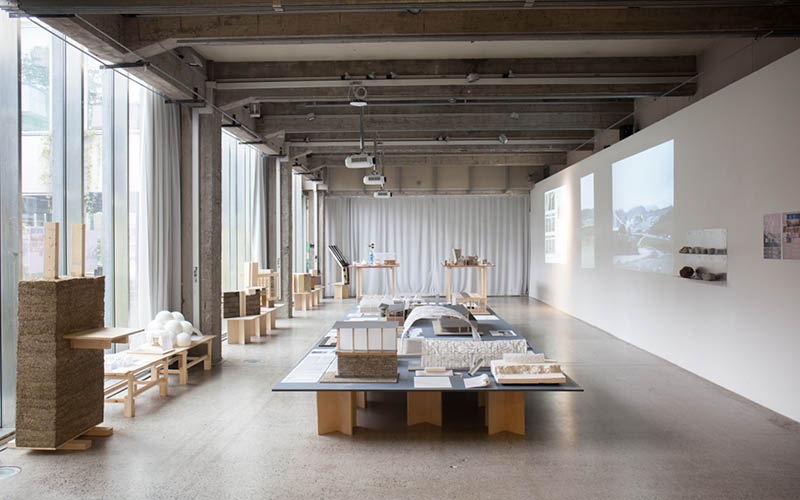

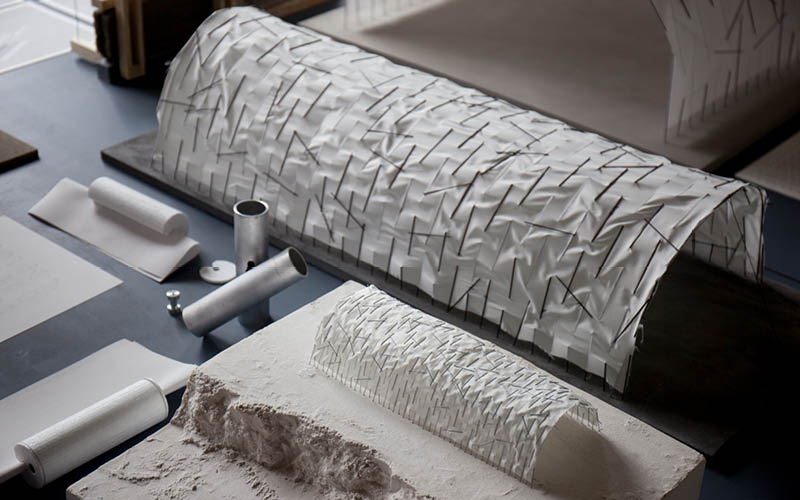

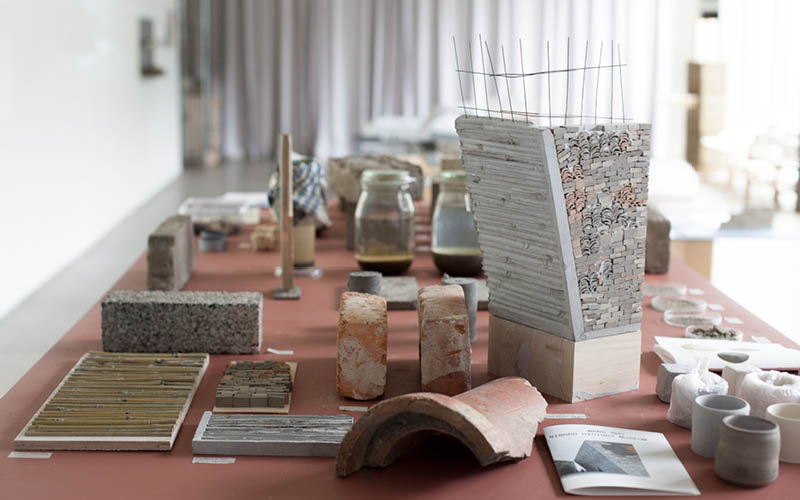
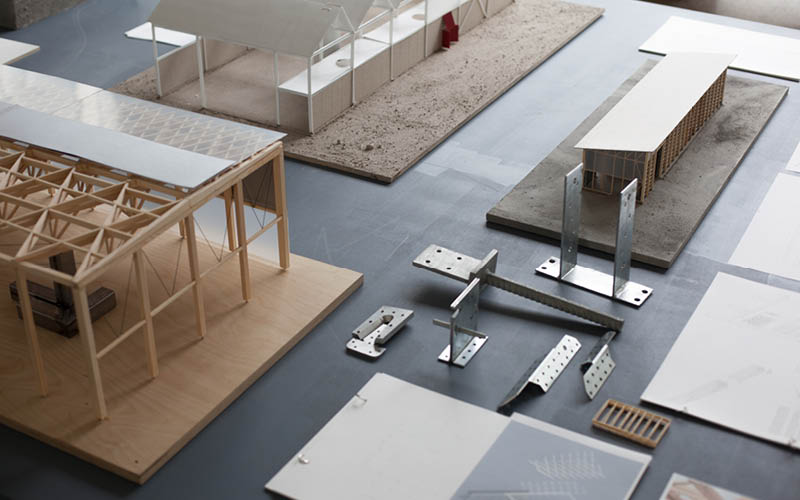
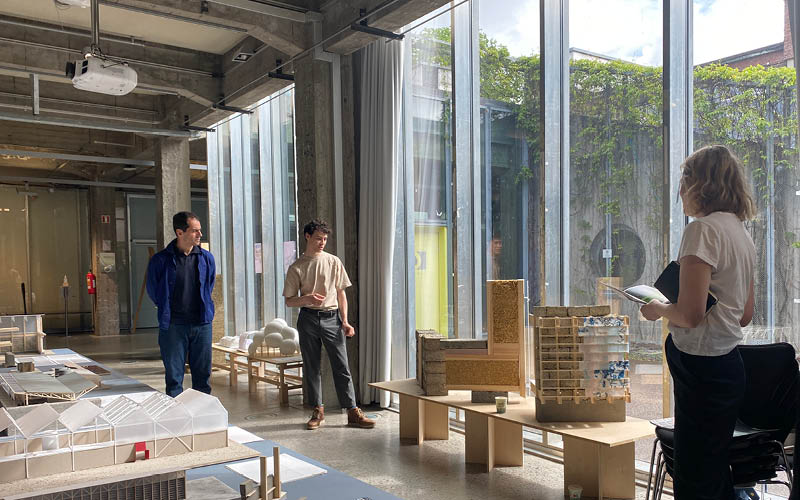
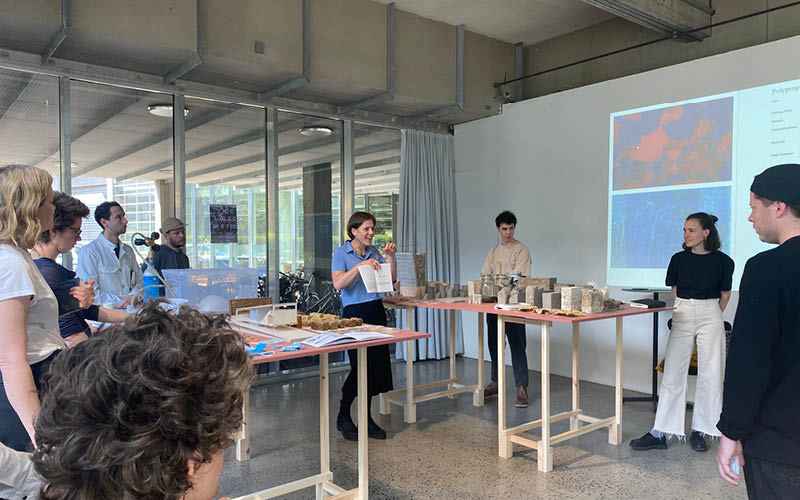



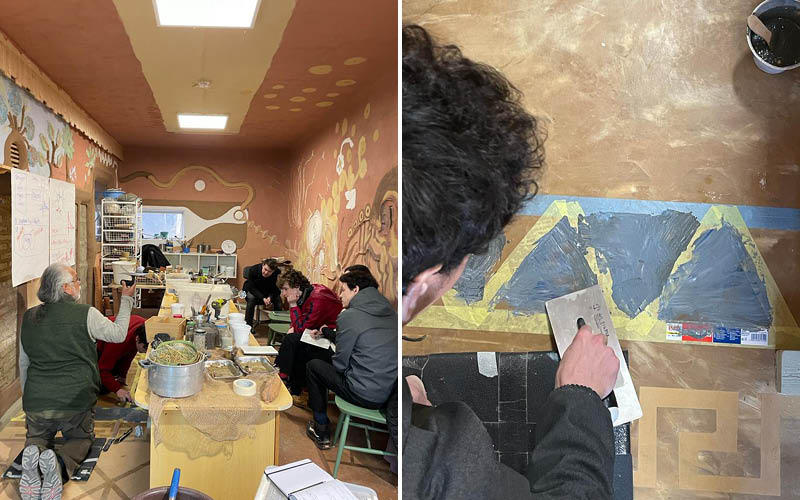
Waste, like money, is a human construct, a measure of use and value. This studio discussed the environmental impact of materials and their life cycle. The course examined resource extraction practices that leave great scars on the earth and experimented with materials such as hemp, surplus masses, lignin, mycelium, glass and CDW, proposing new applications for building and new visions for industrial architecture.
-
Teachers: Andrea Pinochet, Lina Broström
Excursion: Sandnes
Guests: Stian Rossi Ekernes, Fransisco Adão de Fonseca, Anna Kostreva, Maria Orvesten, Matthew Dalziel, Julio Perez, Audun Fossum
-
Teachers: Andrea Pinochet, Lina Broström
Excursion: Sandnes
Guests: Stian Rossi Ekernes, Fransisco Adão de Fonseca, Anna Kostreva, Maria Orvesten, Matthew Dalziel, Julio Perez, Audun Fossum
Fall 2021
Master Studio. AHO.
Constructive Logic:
Earth Matters
Earth Matters
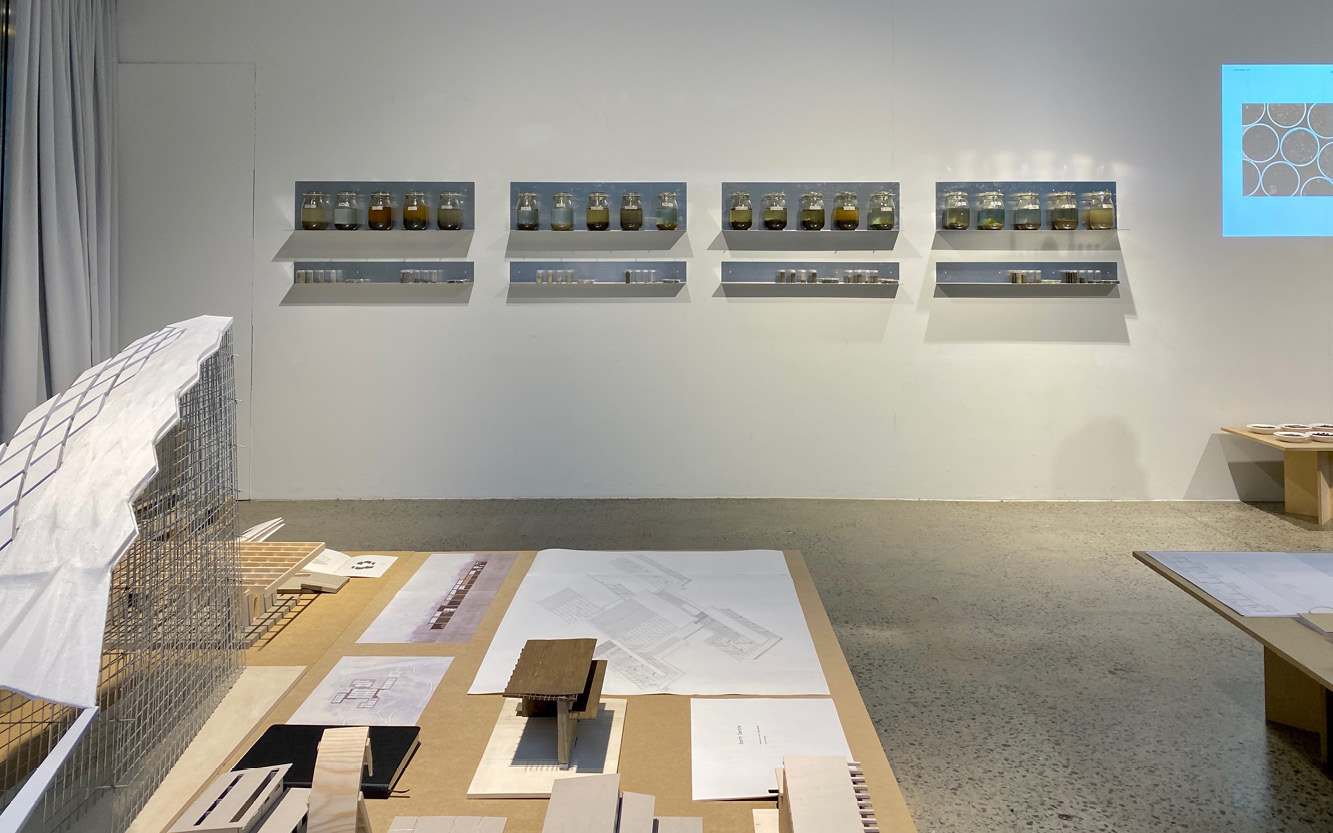
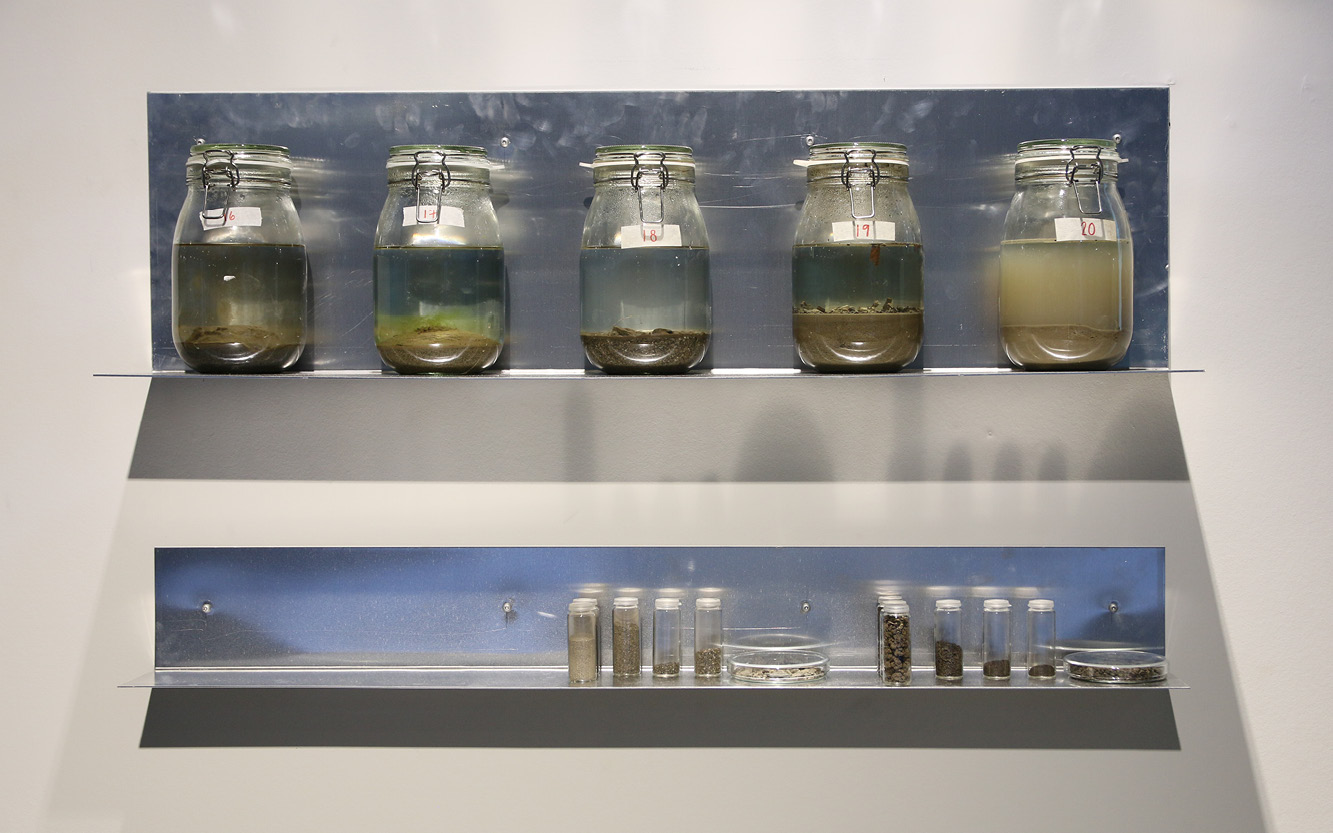
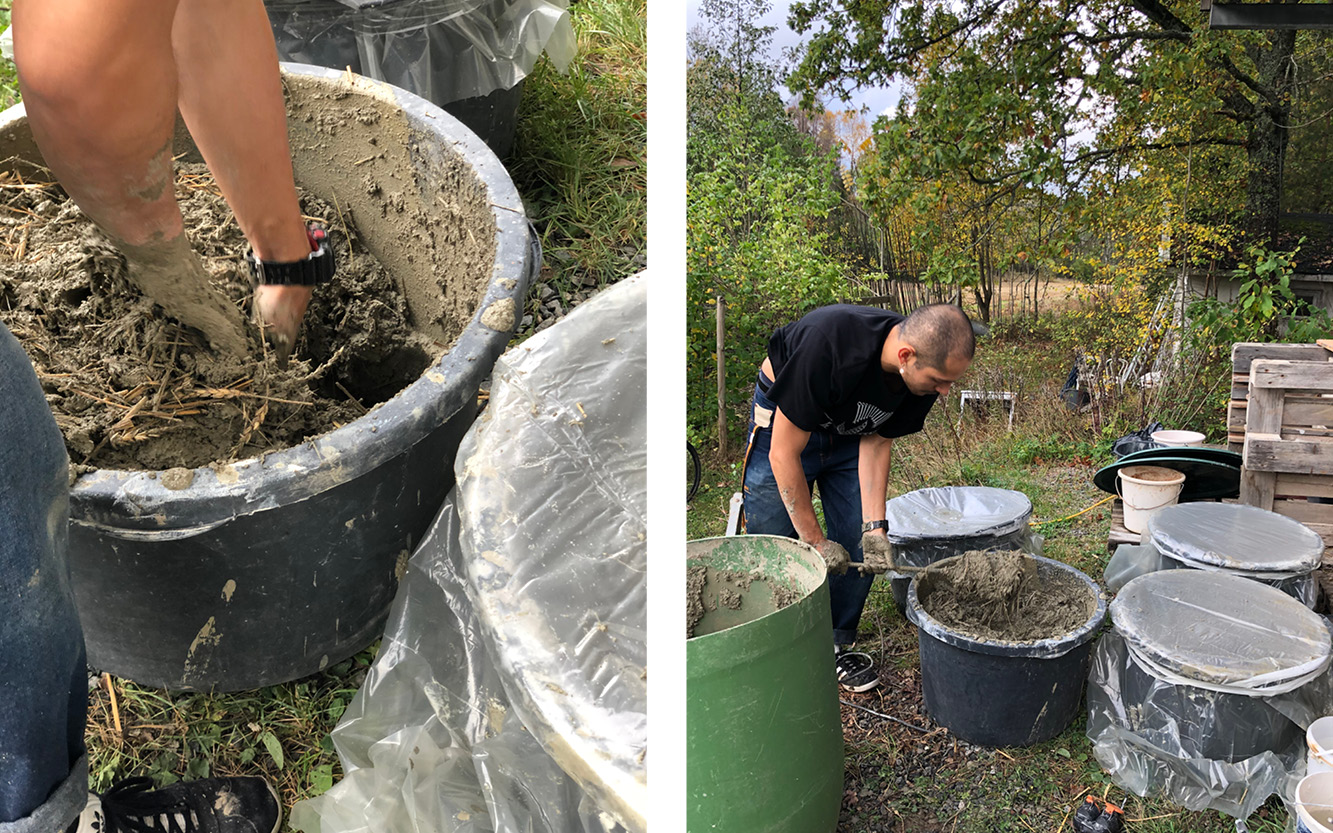

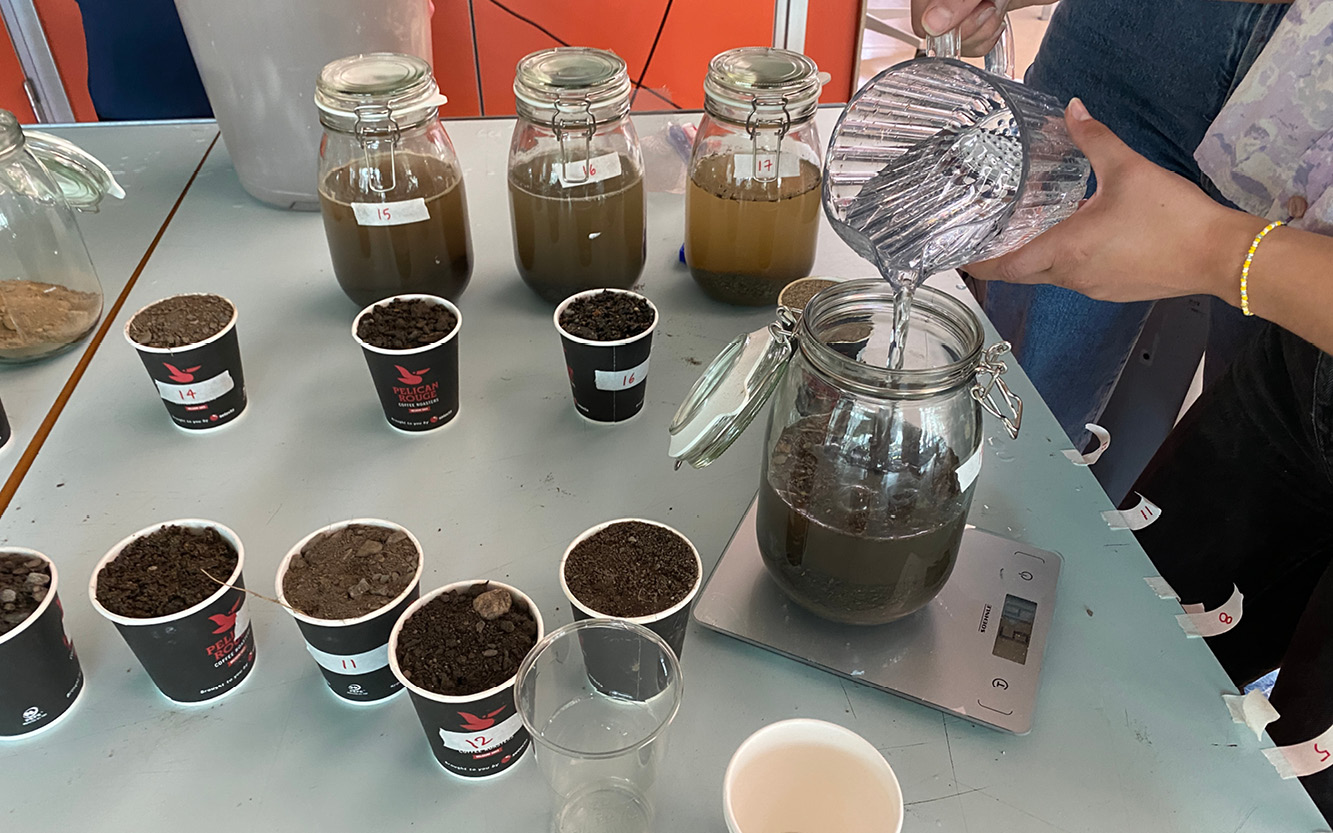
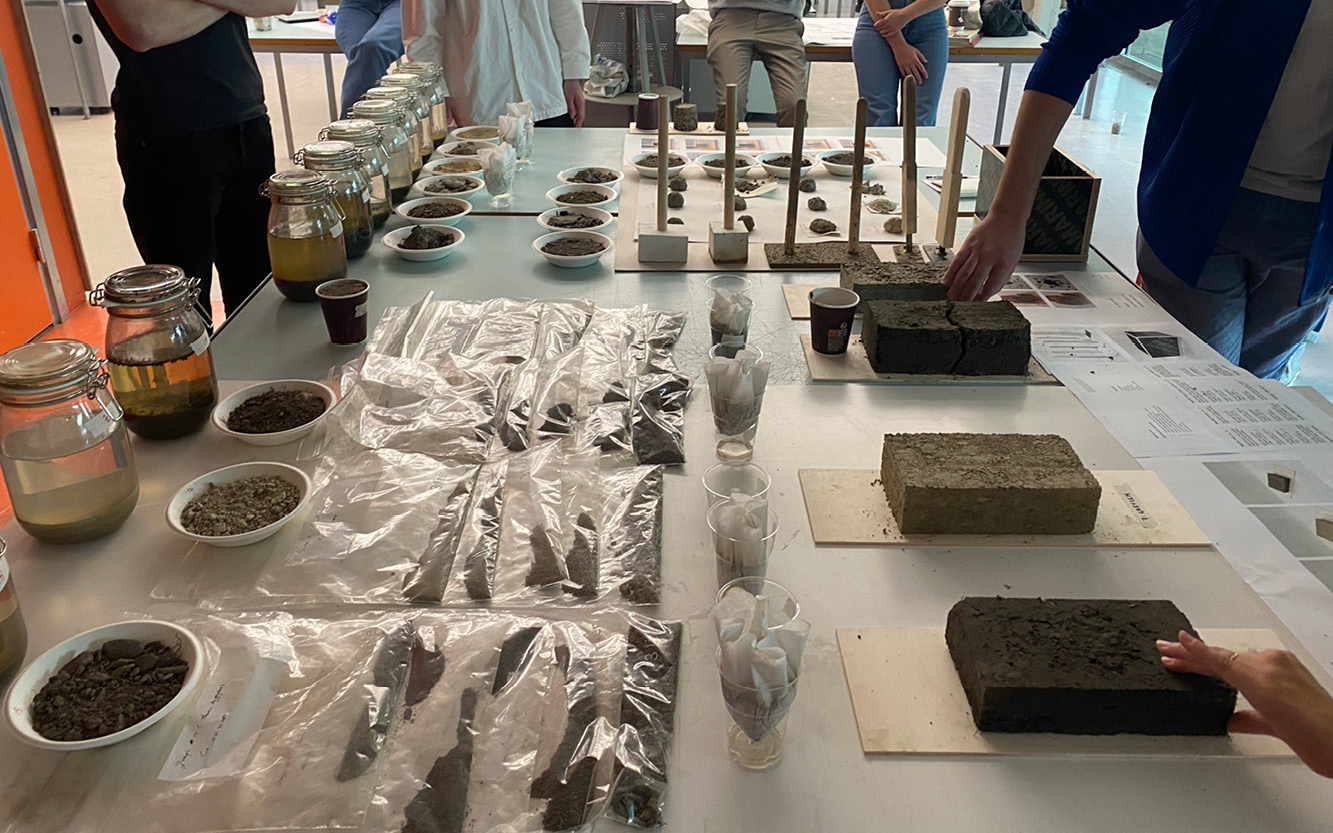


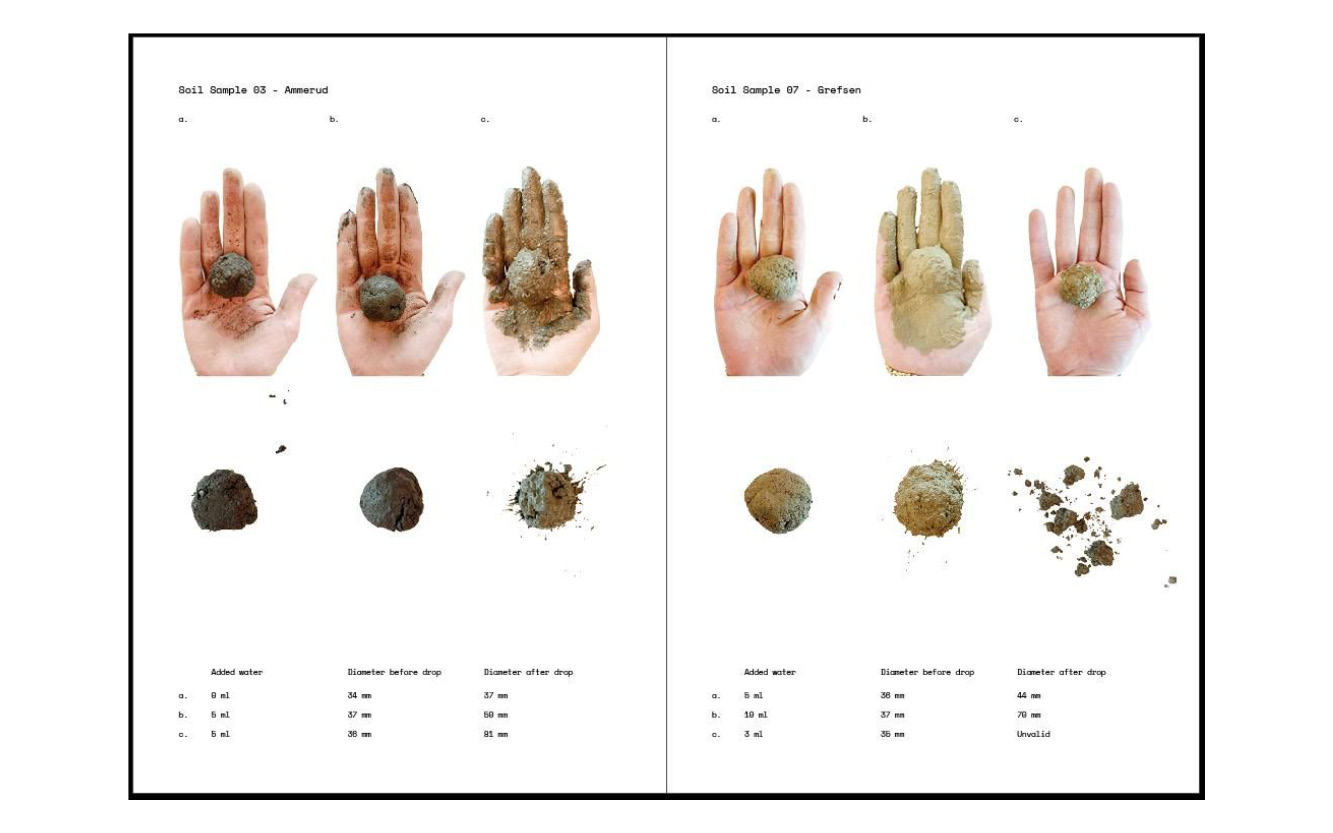
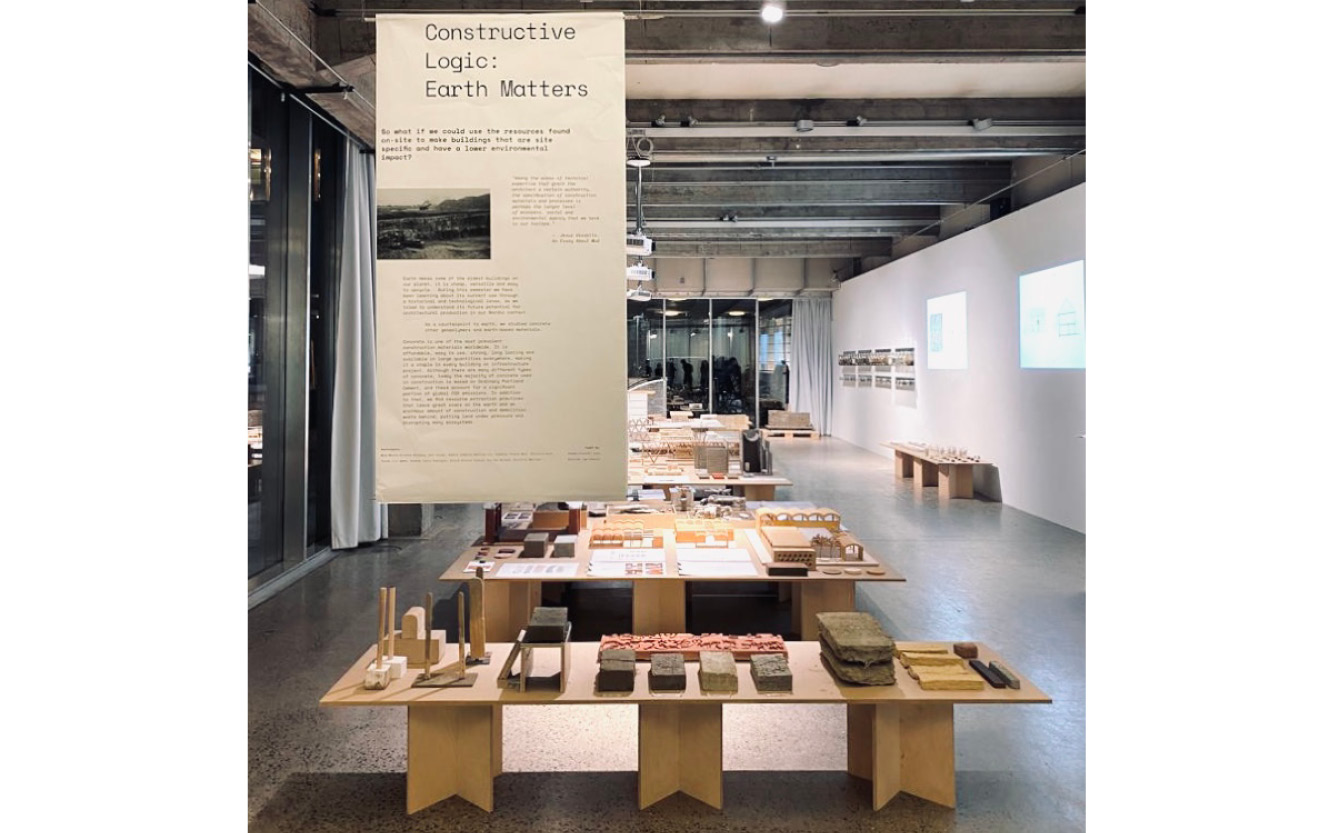




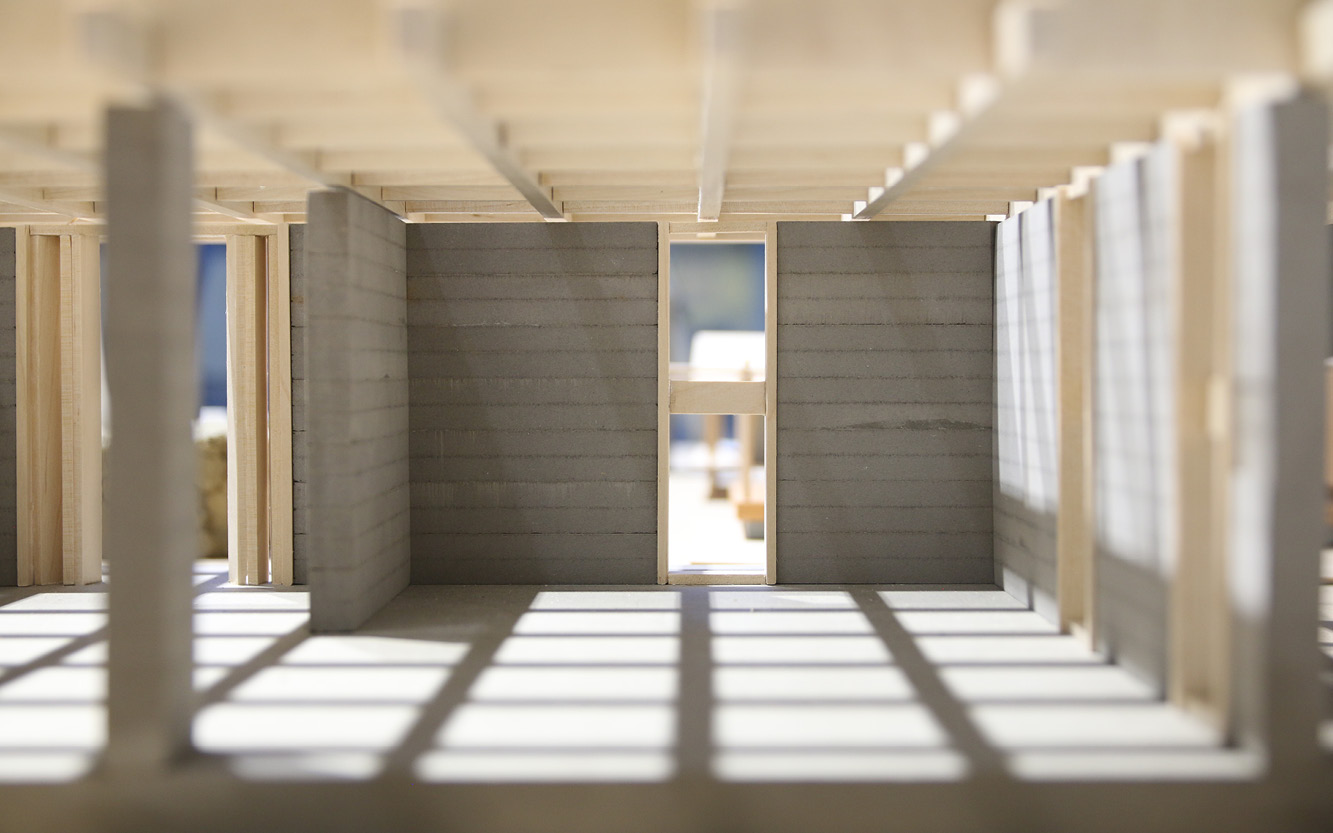
Earth makes some of the oldest buildings on our planet, it is cheap, versatile and easy to upcycle. This architectural design studio sought to learn about its potential use in construction through a historical and technological lense in the Nordic context.
Mapping and surveying existing earth buildings in Oslo, testing local soils, learning about material science, and working with reference analysis to understand their current use in other parts of the world.
-
Teachers: Andrea Pinochet, Lina Broström
Guests: Paola Simone, Knut Hjeltnes, Julio Perez, Jonas Lippestad, Solveig Sandness, Amandine Kastler, Matthew Andersson, Kevin Lai
-
Teachers: Andrea Pinochet, Lina Broström
Guests: Paola Simone, Knut Hjeltnes, Julio Perez, Jonas Lippestad, Solveig Sandness, Amandine Kastler, Matthew Andersson, Kevin Lai
Spring 2021
Master Studio. AHO.
Lightweight Architecture II: COVID Pavilion
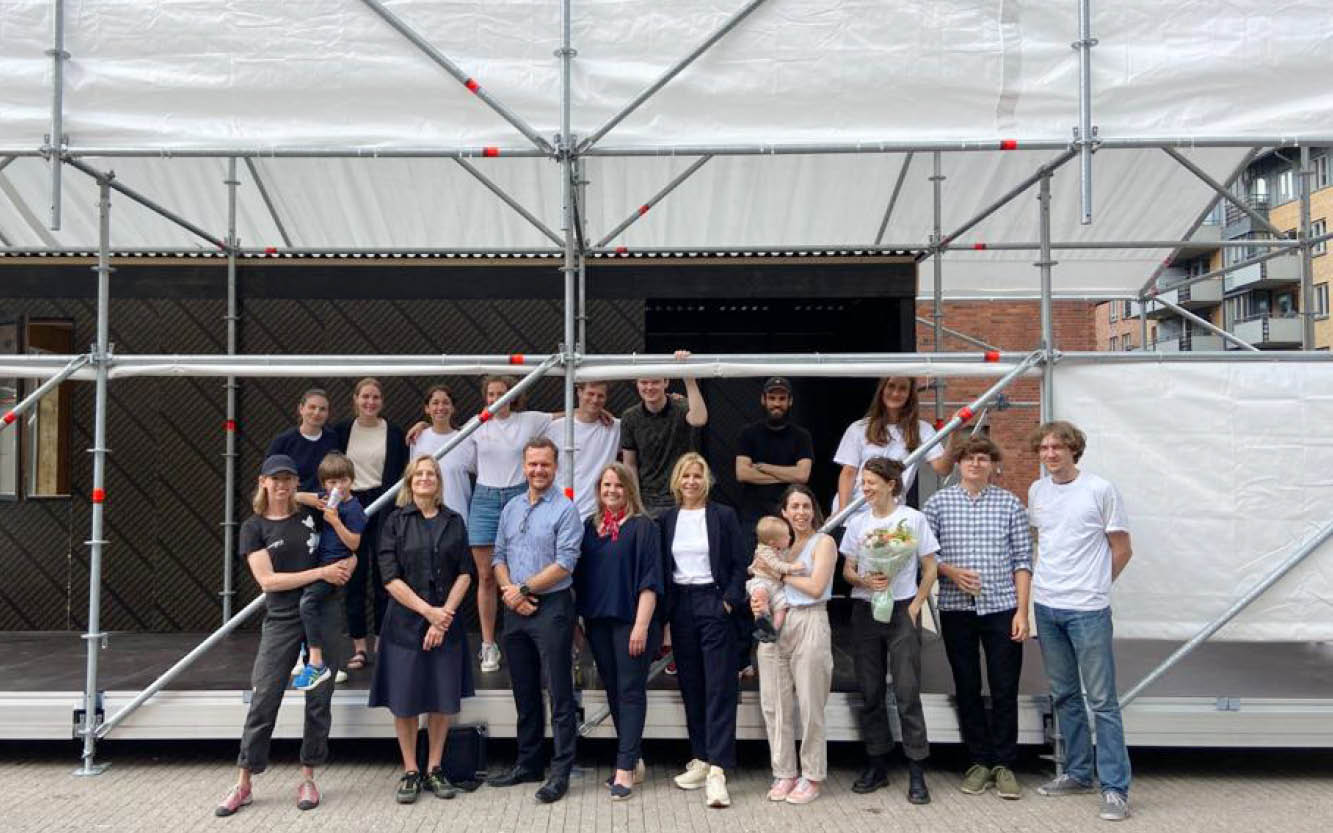


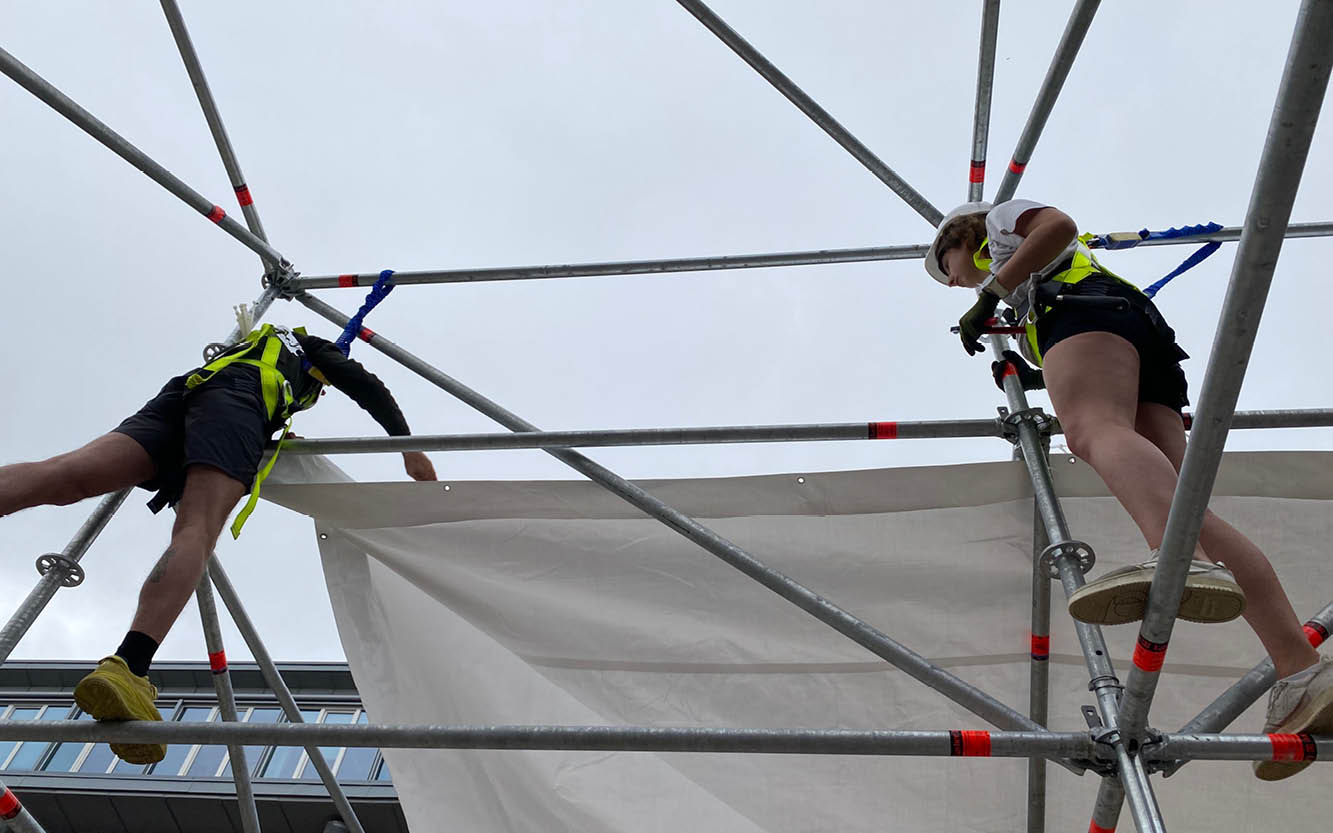
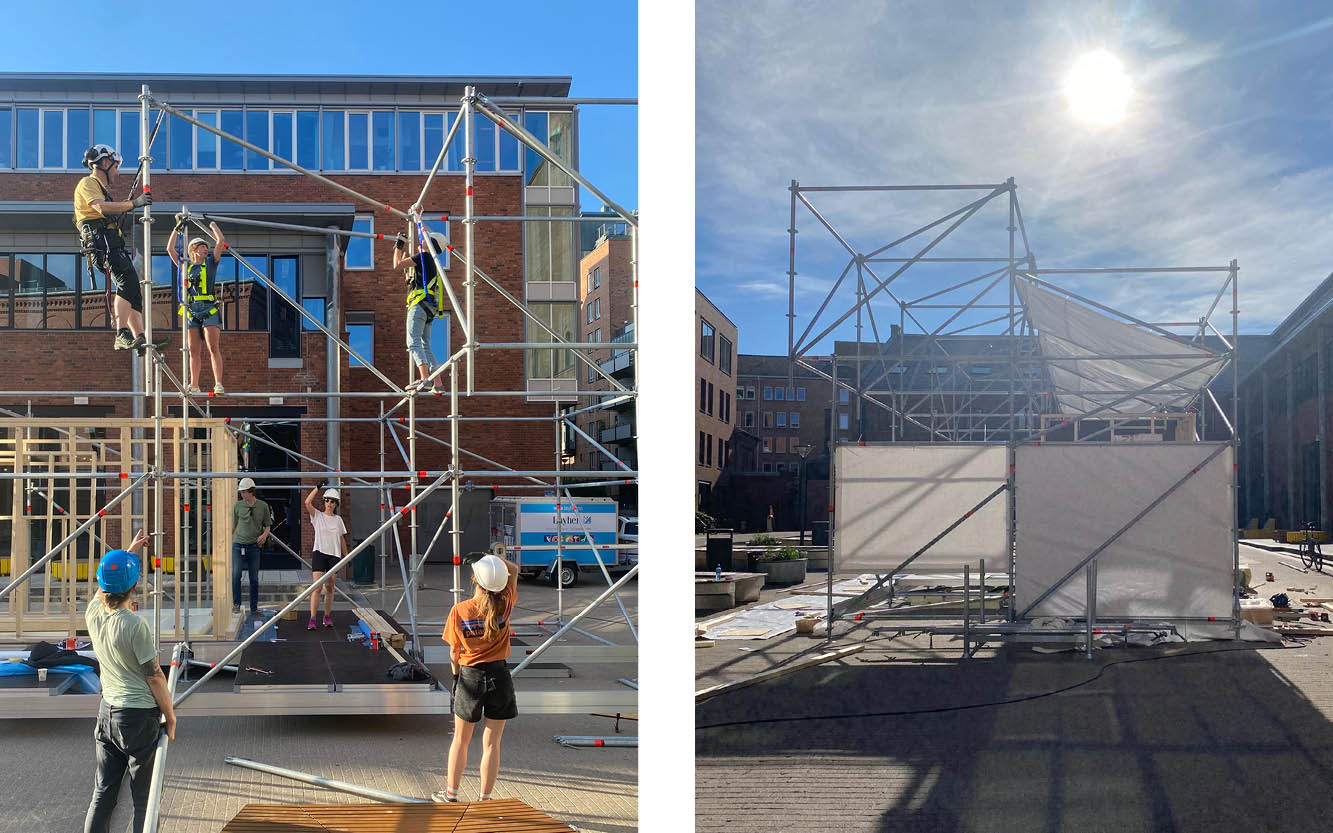

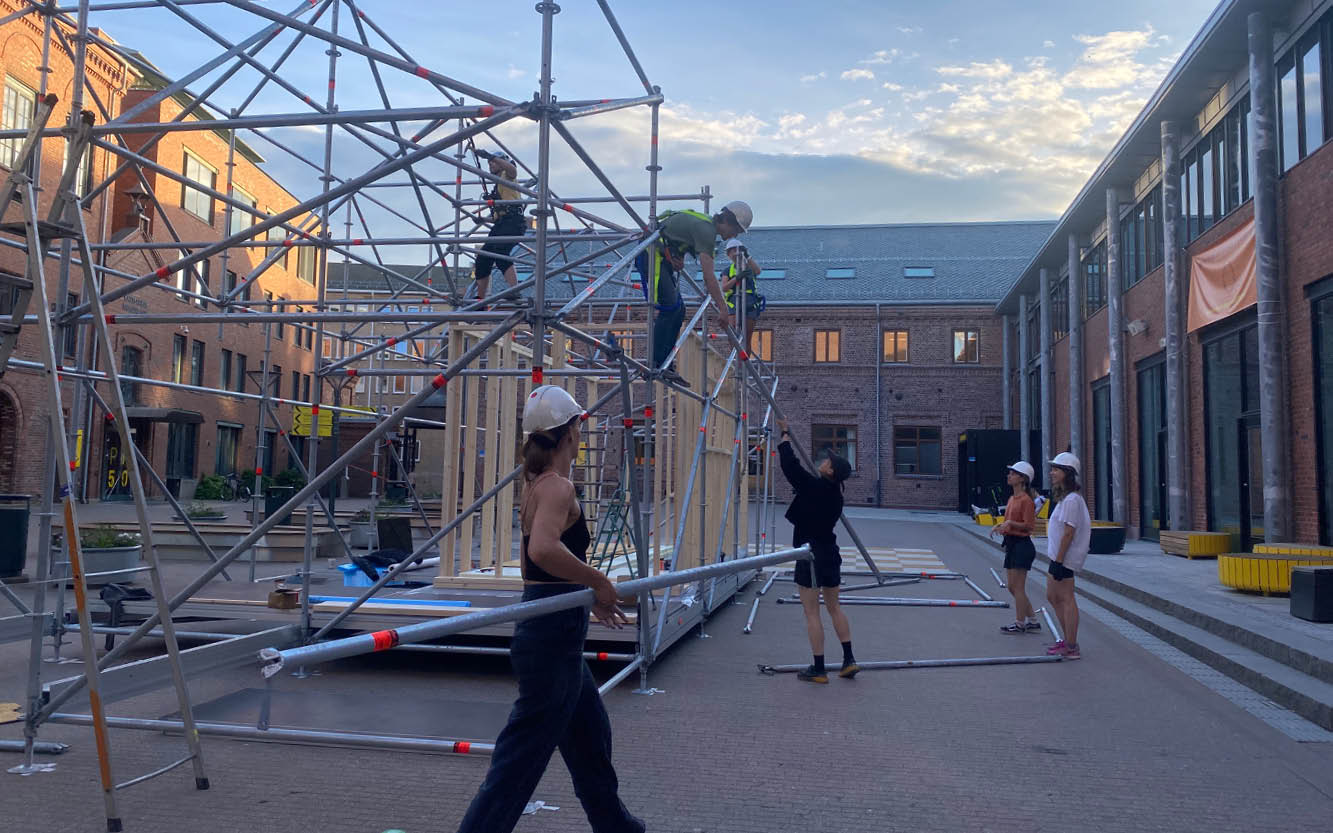
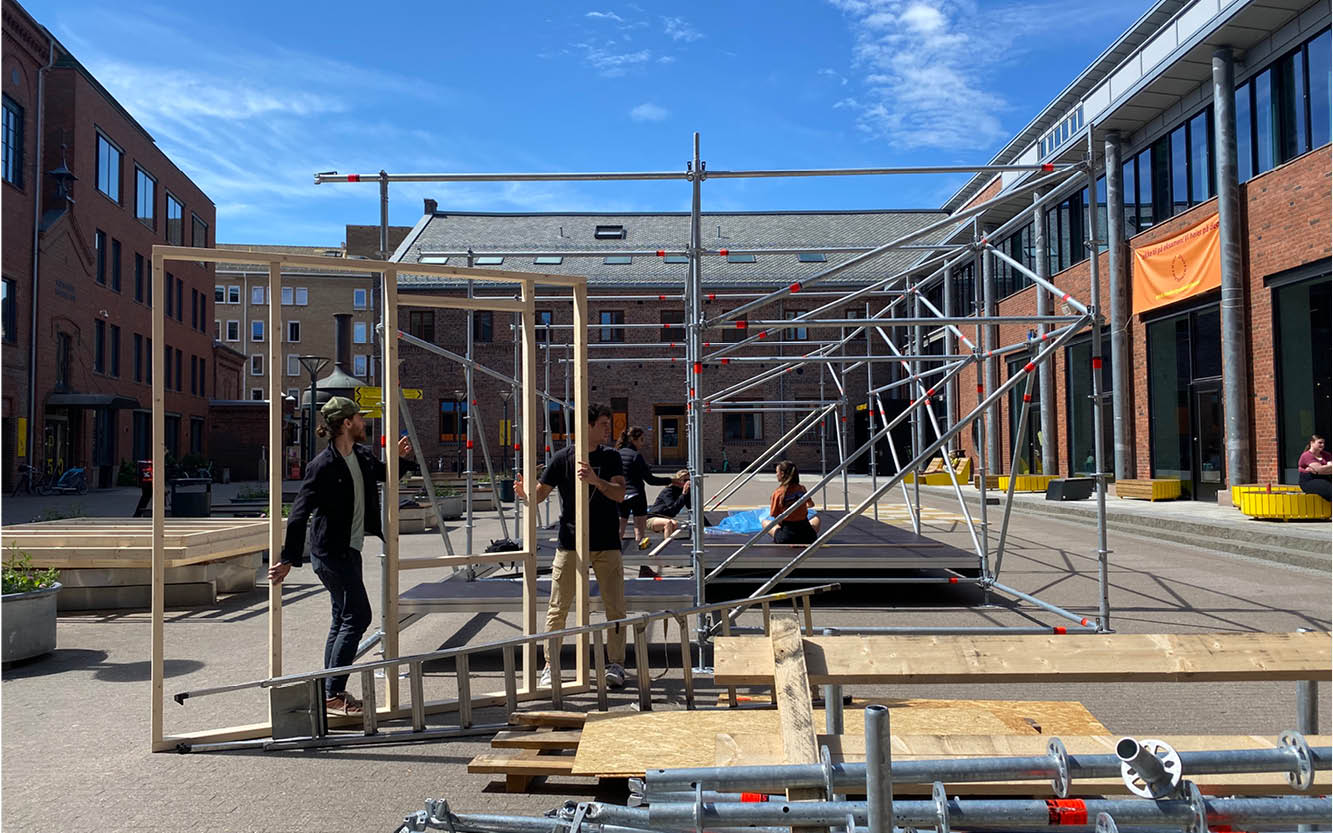





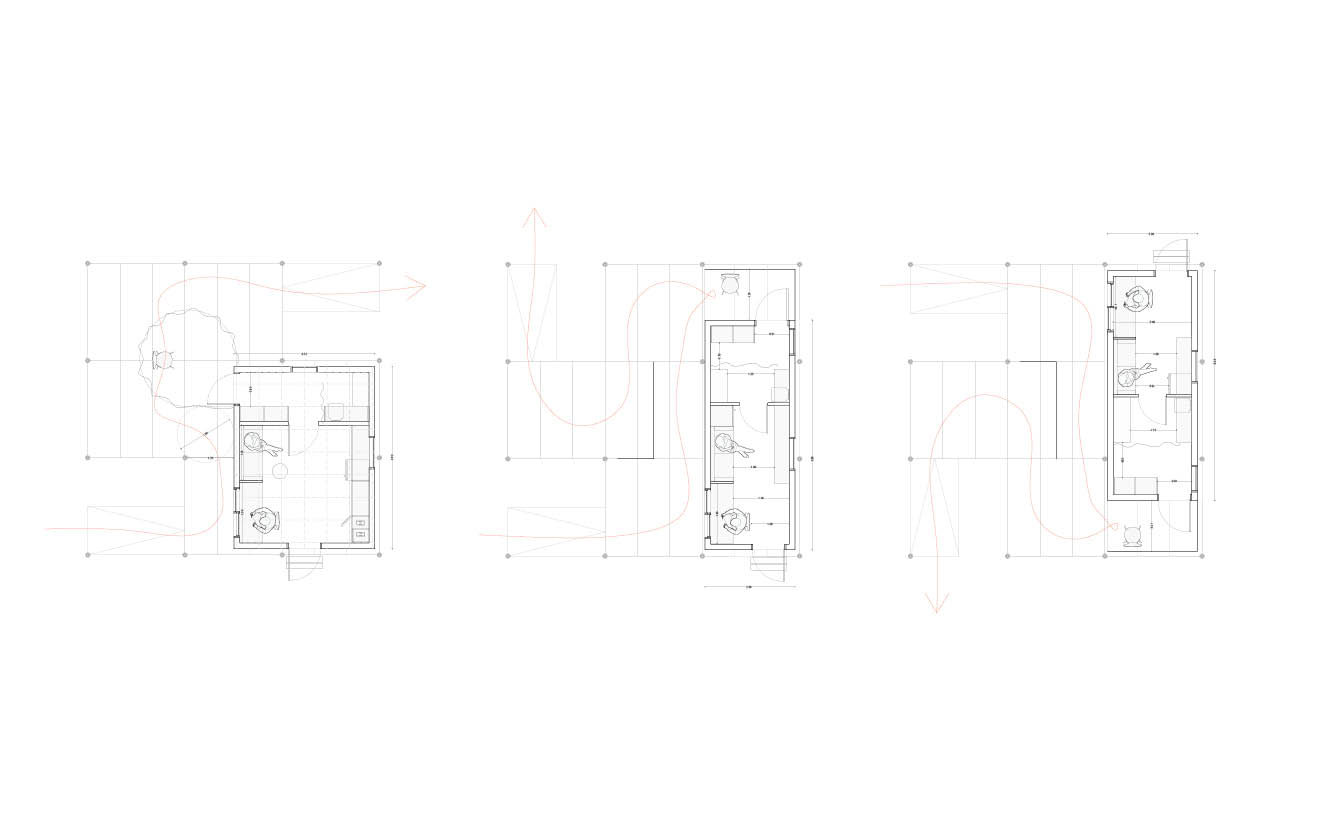

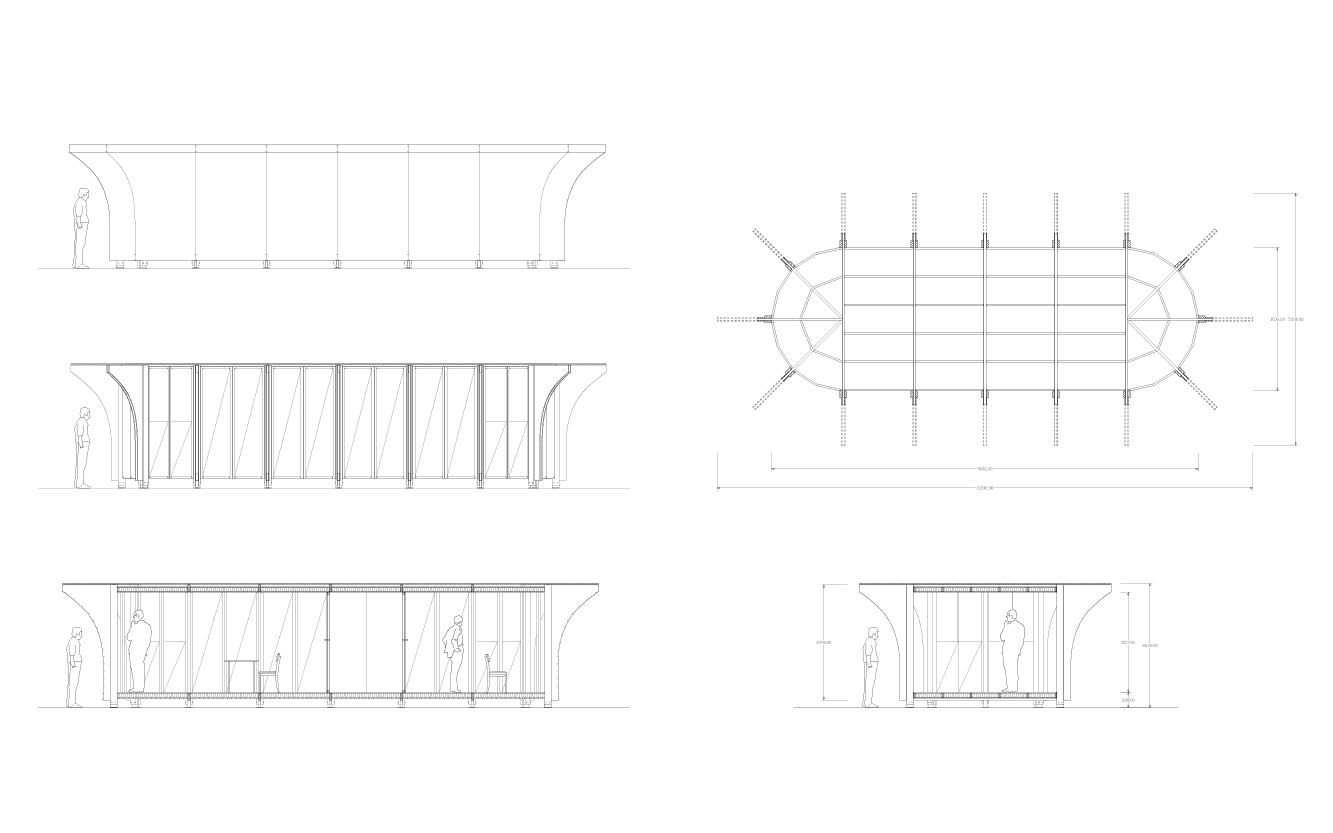


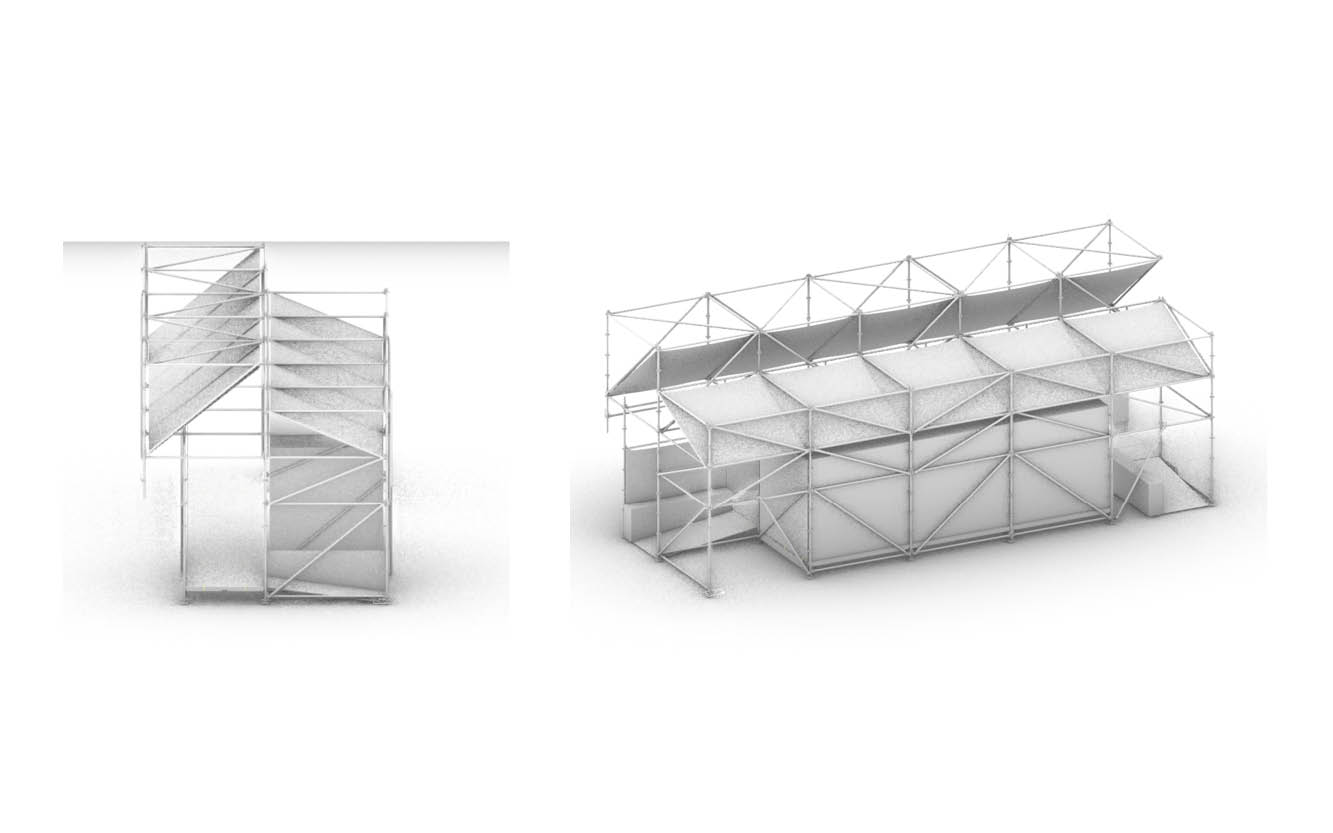

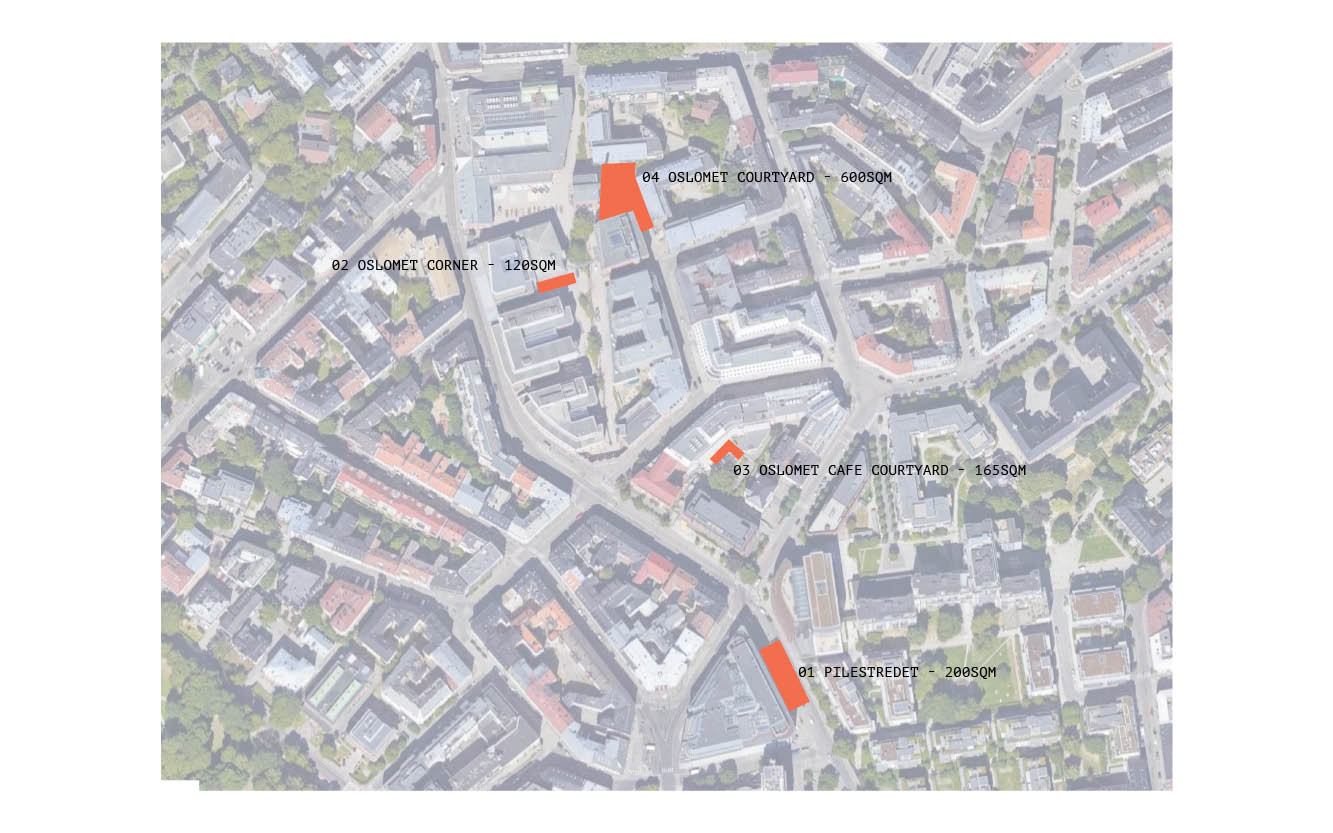
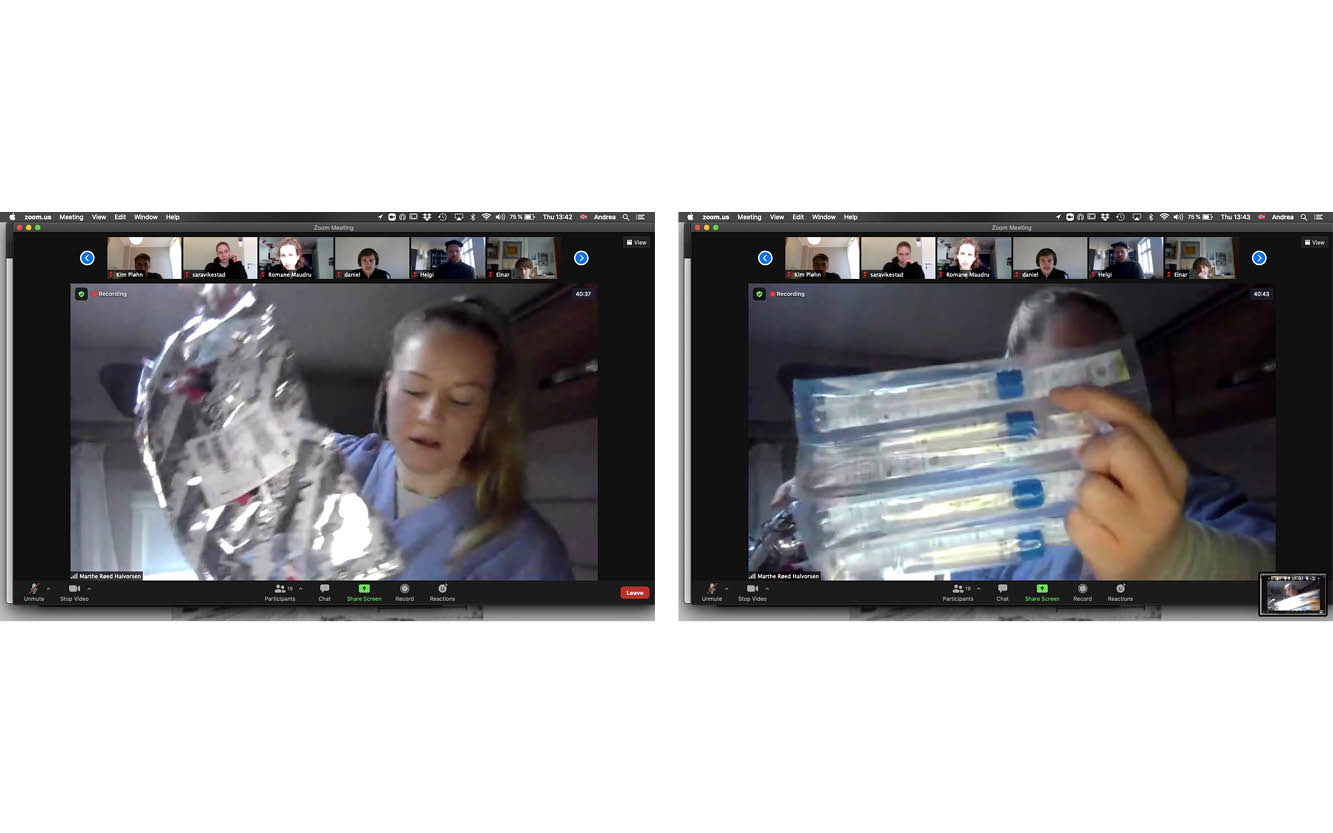




Architectural design studio examining lightness and the logistics of the construction site where participating students had the opportunity to execute a COVID testing station in the midst of the pandemic.
The course was organised like an office, where we designed and built a multi-purpose pavilion that served as COVID testing station. The station was used by the students for Oslo’s Student Welfare Association (SiO) staff at the OsloMet Campus in Bislett, Oslo.
-
Teachers: Andrea Pinochet, Lina Broström, Ane Sønderaal Tolfsen
Guests: Ugo Ribeiro, Tanja Lie, Dagur Eggertson, Florian Kosche, Nina Waaler (OsloMet), Tron Morten Trondsen (SiO), Marthe Røed Halvorsen (SiO)
The course was organised like an office, where we designed and built a multi-purpose pavilion that served as COVID testing station. The station was used by the students for Oslo’s Student Welfare Association (SiO) staff at the OsloMet Campus in Bislett, Oslo.
-
Teachers: Andrea Pinochet, Lina Broström, Ane Sønderaal Tolfsen
Guests: Ugo Ribeiro, Tanja Lie, Dagur Eggertson, Florian Kosche, Nina Waaler (OsloMet), Tron Morten Trondsen (SiO), Marthe Røed Halvorsen (SiO)
Fall 2020
Master Studio. AHO.
Open Structures:
Constructive Logic
Constructive Logic
Spring/Fall 2020

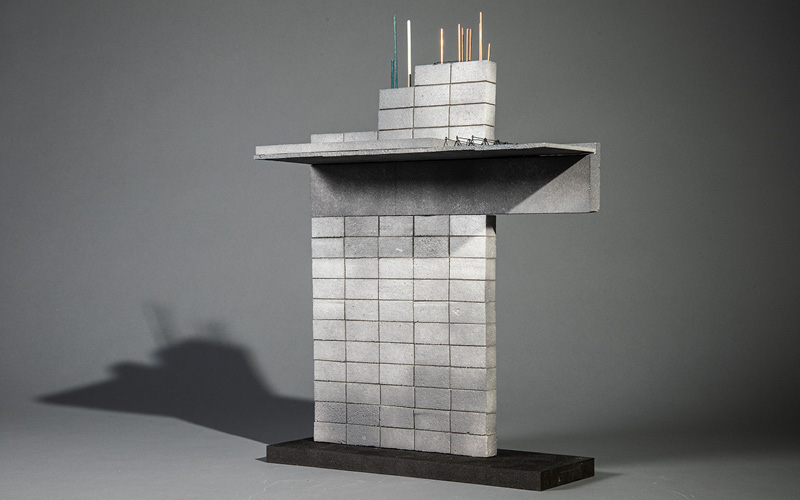
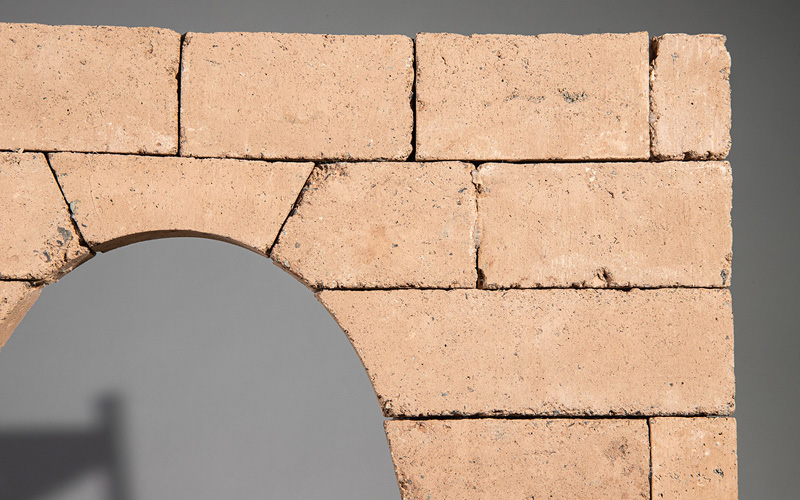
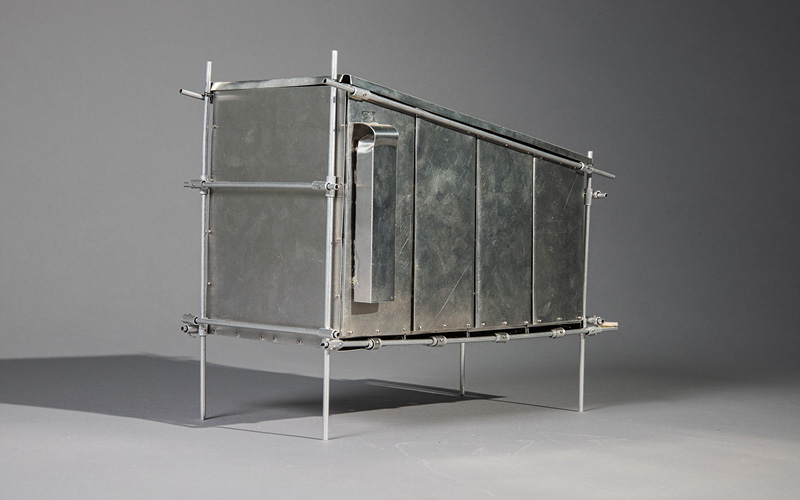
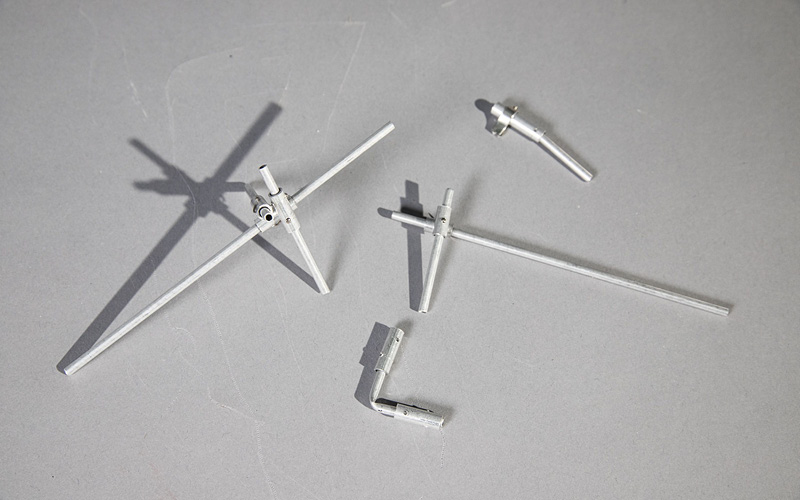
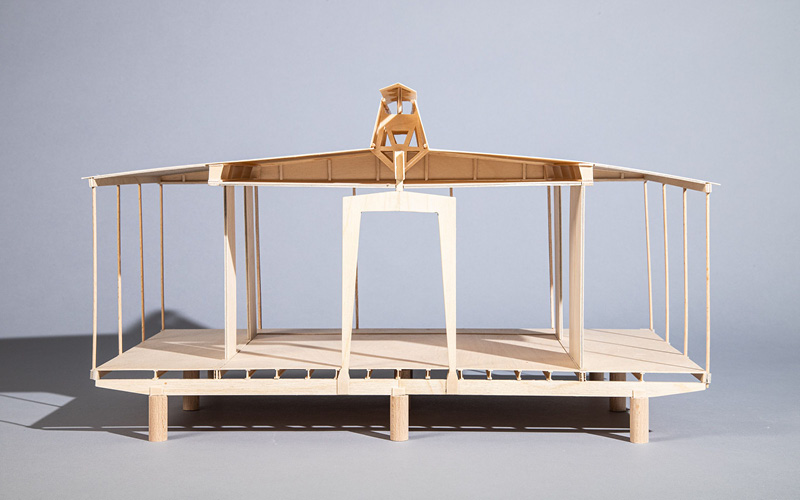
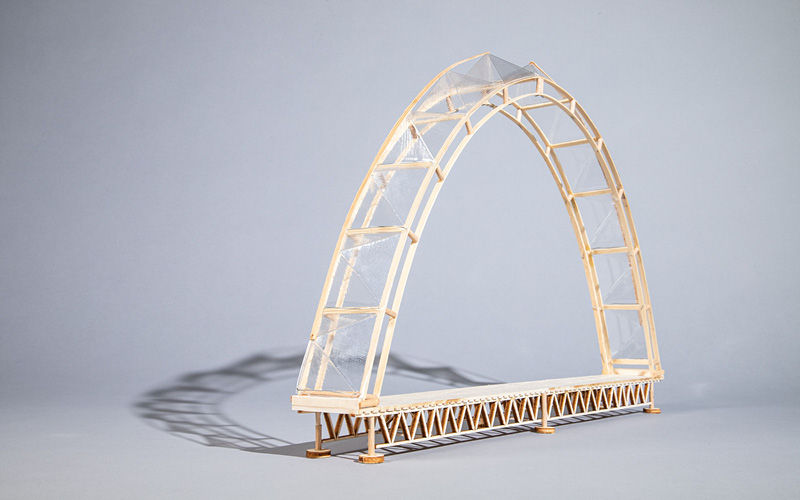

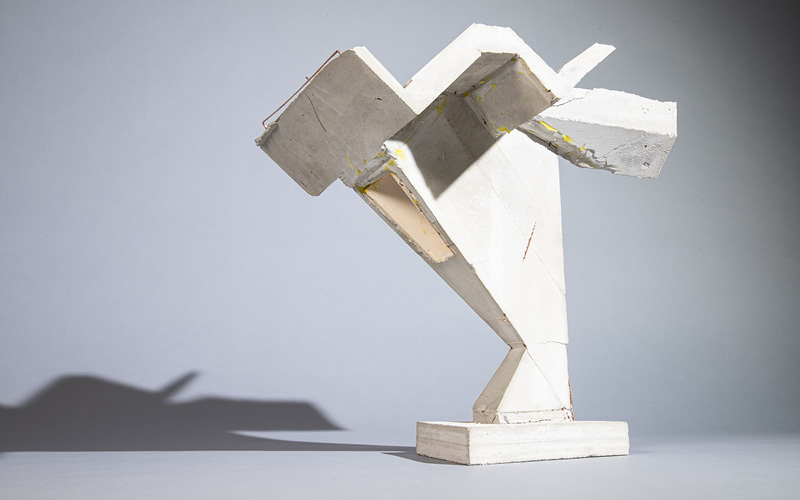
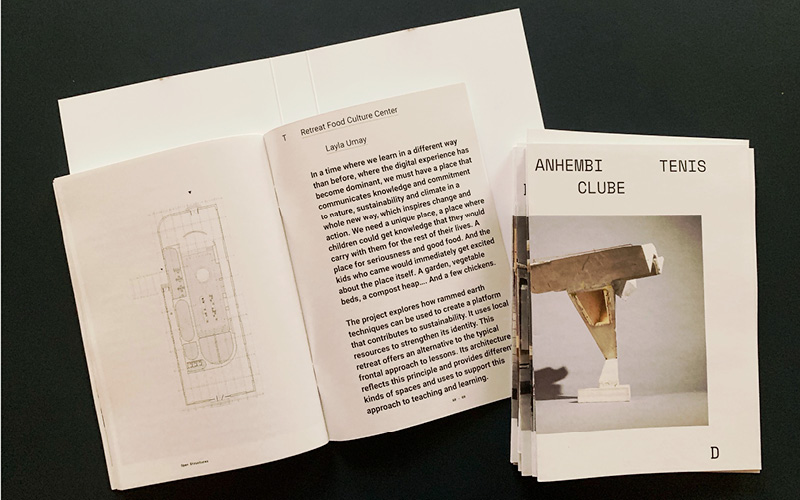
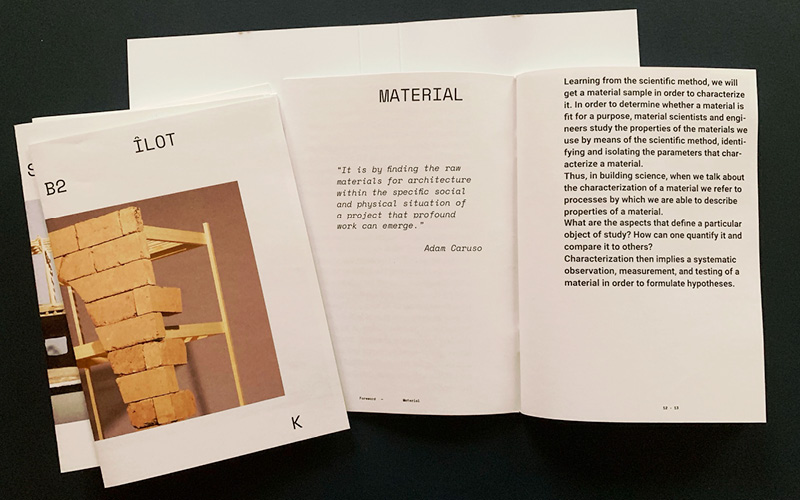
The studio observed the construction site as a laboratory of scientific management; a place of highly organized labor, fast paced production and diverse social capital. The studio was concerned with the design of a small school that could be mass-produced with quick and easy assembly on multiple sites in the Nordic region, focusing primarily on material experimentation and the design of construction processes.
-
Teachers: Andrea Pinochet, Lina Broström, Ugo Ribeiro
Excursion: Stockholm & Mexico City
Guests: Florian Kosche, David Turnball, Mariana Picolo, Mersiha Veledar, Knut Wold, Malin Heyman, Jonas Lippestad, Martin Brandsdal, Einar Jarmund
-
Teachers: Andrea Pinochet, Lina Broström, Ugo Ribeiro
Excursion: Stockholm & Mexico City
Guests: Florian Kosche, David Turnball, Mariana Picolo, Mersiha Veledar, Knut Wold, Malin Heyman, Jonas Lippestad, Martin Brandsdal, Einar Jarmund
Spring 2020
Master Studio. AHO.
Field Stations I:
Lightweight Architecture
Lightweight Architecture
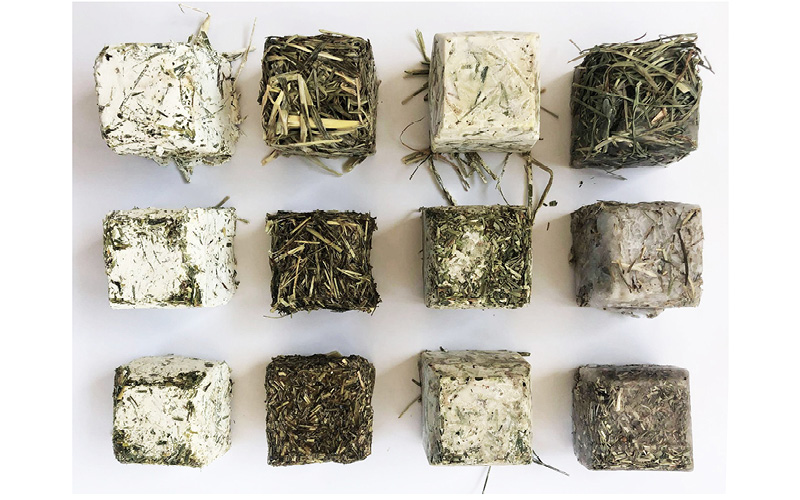
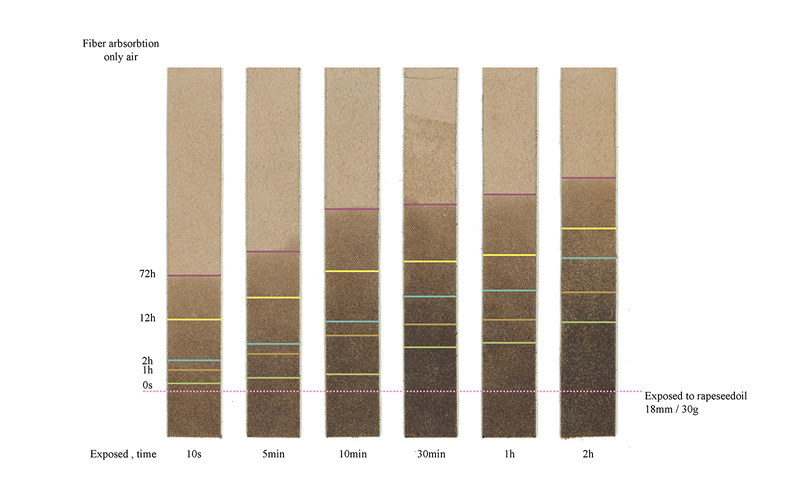
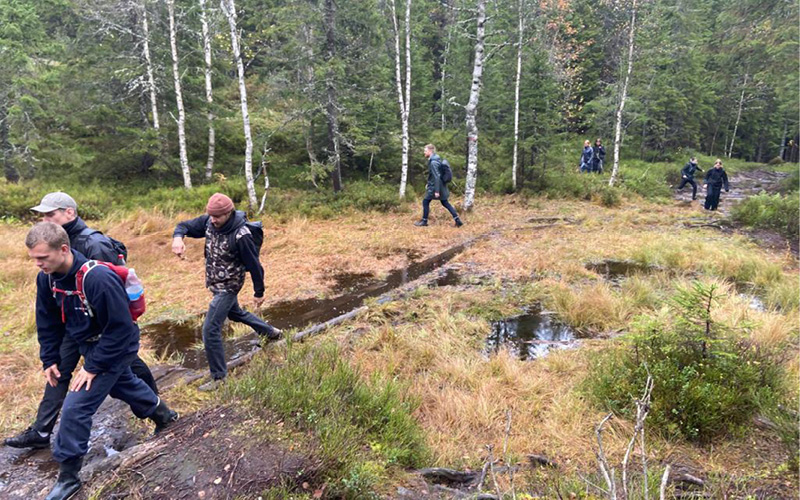
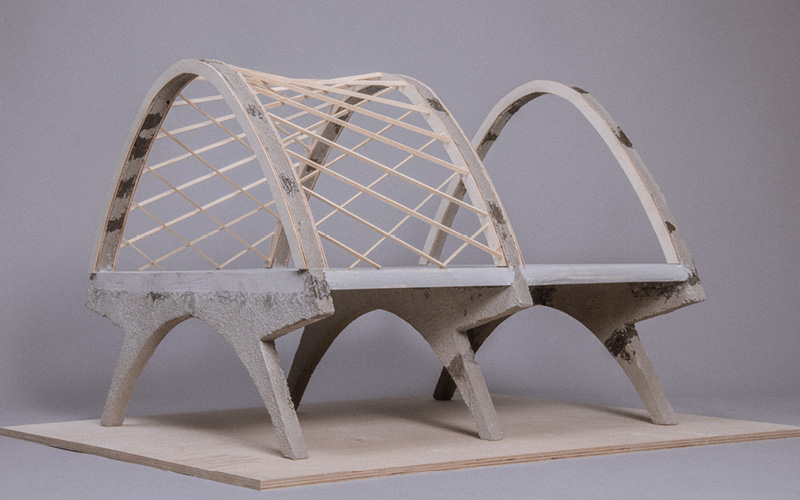
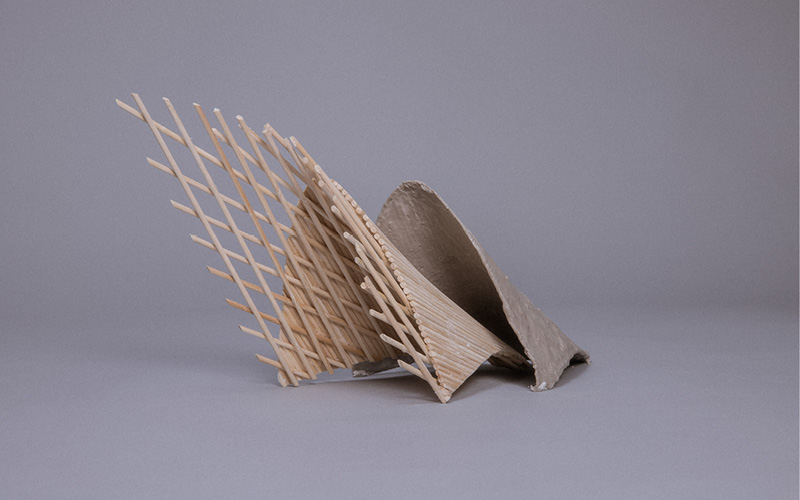
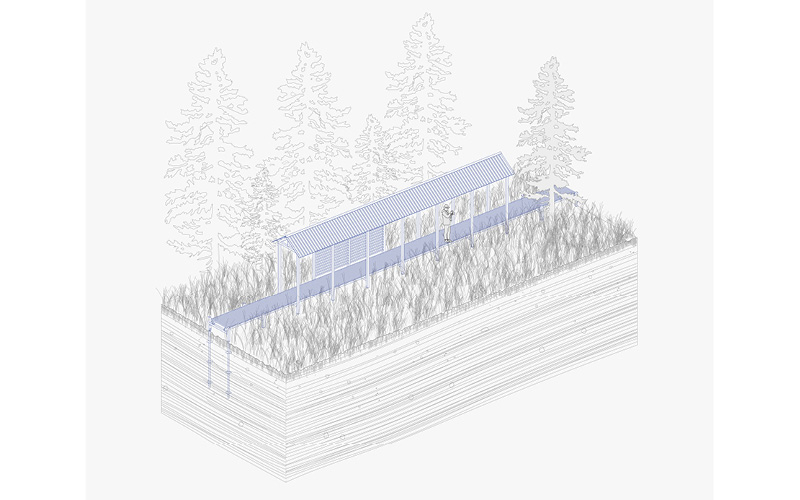
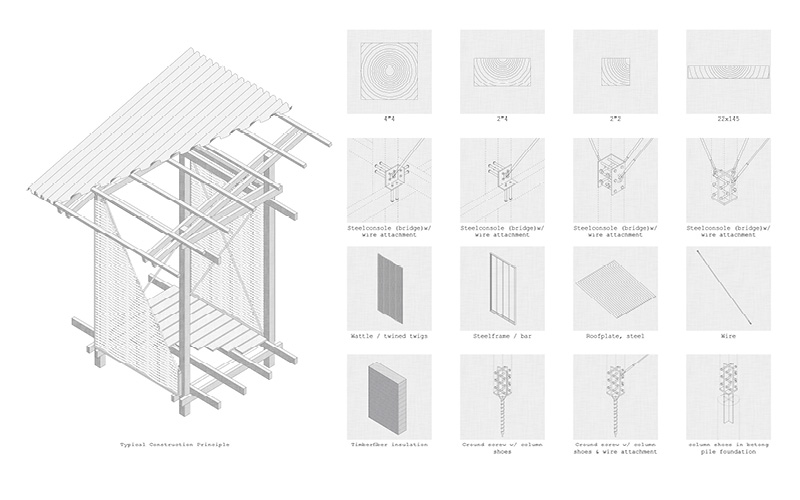
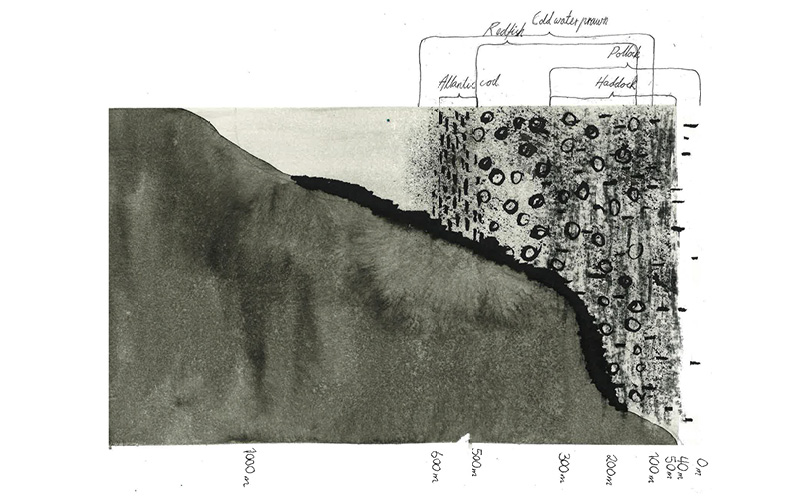
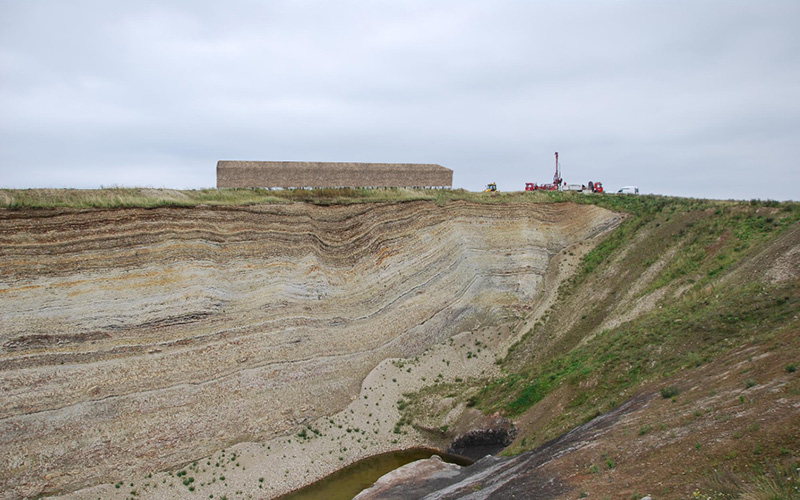
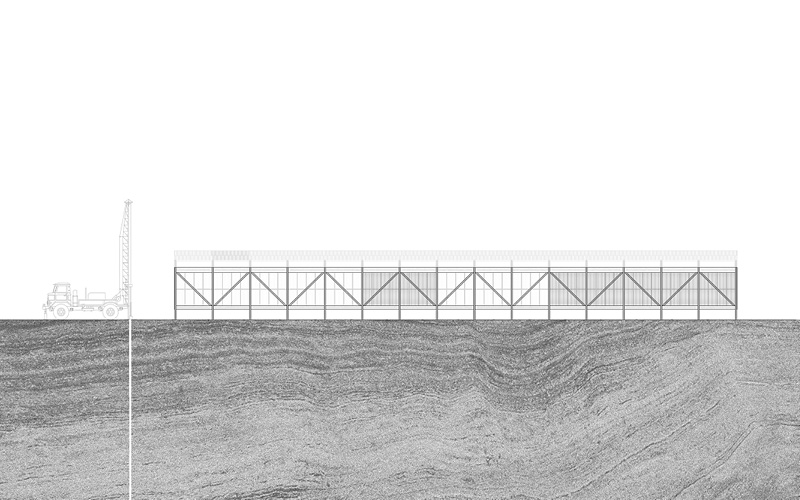
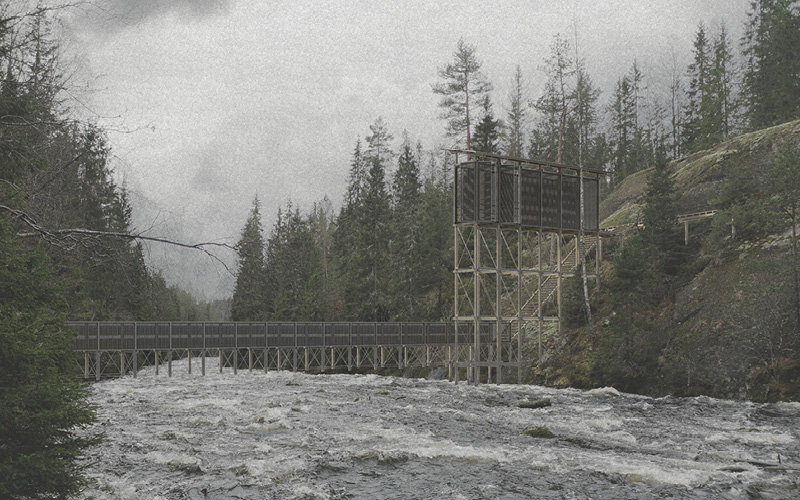
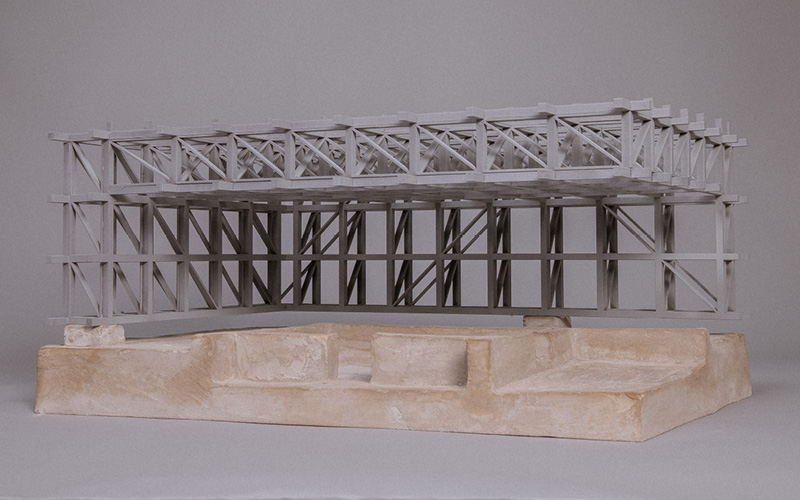
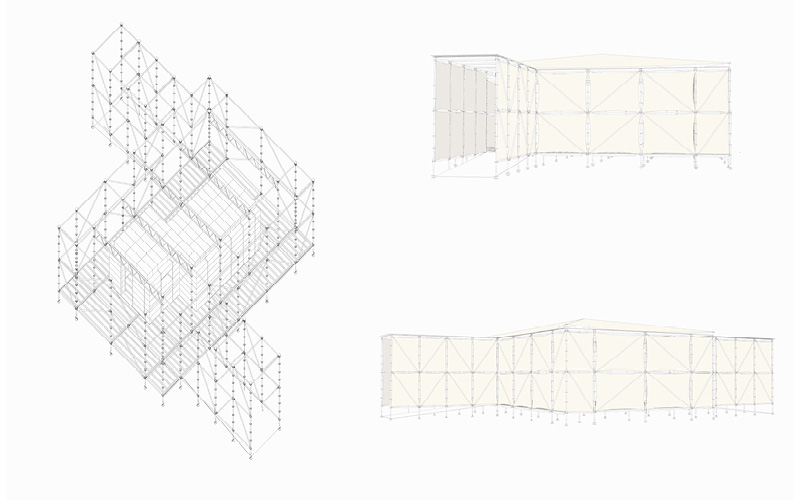
Understanding the field station as a small open structure that seeks to witness, sample and host recurring activities, this studio sought to understand the complexity of a building’s life cycle, trying to anticipate not just how it will be built and used, but also how it will be maintained and disassembled.
The studio worked with lightness as a framework to think about ephemeral building — everything that minimises construction material, doesn't weigh much and, therefore, has special properties.
-
Teachers: Andrea Pinochet, Lina Broström, Ane Sønderaal Tolfsen
Guests: Fransisco Adão de Fonseca Pedres, Vera Wyller, Kevin Bone, David Tunball, Ugo Ribeiro, Sareh Saedi, Jens Herman Næss, Jonas Lippestad, Juan Ruiz Anton, Sigrún Sumarliðadóttir, Astrid Rohde Wang, Paul-Henri Henn
The studio worked with lightness as a framework to think about ephemeral building — everything that minimises construction material, doesn't weigh much and, therefore, has special properties.
-
Teachers: Andrea Pinochet, Lina Broström, Ane Sønderaal Tolfsen
Guests: Fransisco Adão de Fonseca Pedres, Vera Wyller, Kevin Bone, David Tunball, Ugo Ribeiro, Sareh Saedi, Jens Herman Næss, Jonas Lippestad, Juan Ruiz Anton, Sigrún Sumarliðadóttir, Astrid Rohde Wang, Paul-Henri Henn